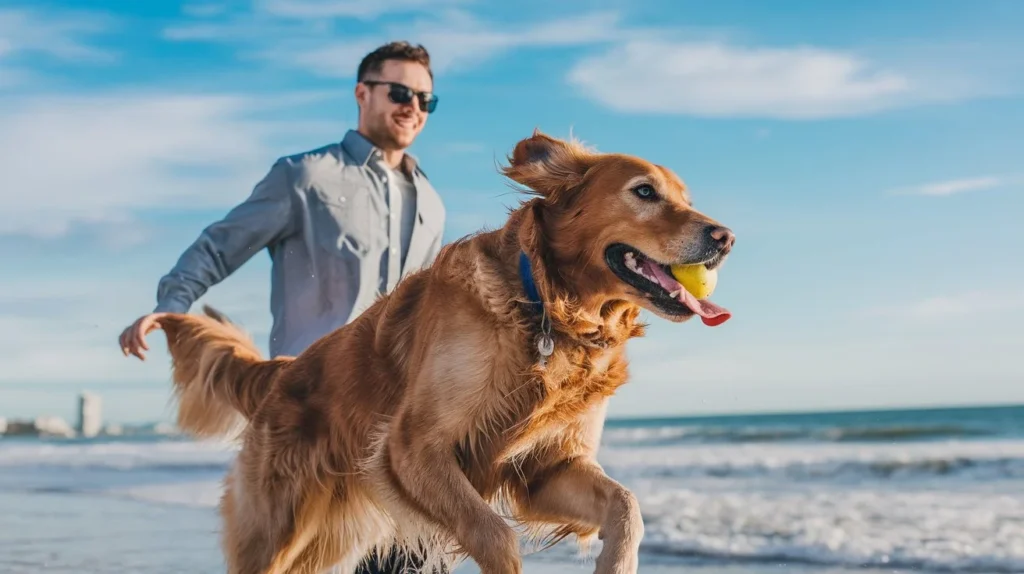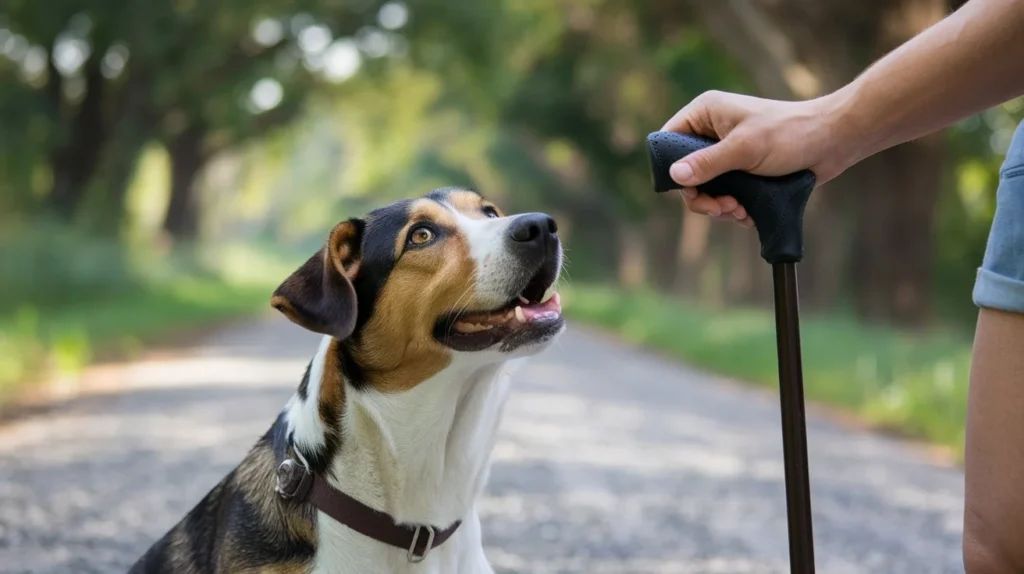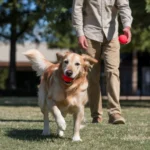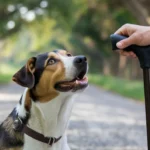
As a dog owner, you probably think you know your furry friend inside and out. You can tell when they’re happy, when they’re hungry, or when they need a potty break. But what if they’re hiding their true feelings from you? Just like humans, dogs can mask their emotions, often in subtle ways that may go unnoticed. Understanding these hidden signals can strengthen the bond between you and your dog, helping you become a more empathetic and attentive owner.
Here are some signs that your dog may be hiding their true feelings:
Avoiding Eye Contact
Dogs use eye contact to communicate with us and other dogs, but if your dog is consistently avoiding your gaze, it might mean they’re feeling stressed or uncomfortable. They could be trying to avoid confrontation or simply don’t feel at ease in the situation. Pay attention to their body language—if they’re also backing away or keeping their head down, they might be trying to tell you they’re uneasy.
2. Tail Tucked Between Their Legs
A wagging tail often signals happiness, but a tail that’s tucked tightly between their legs can indicate fear or anxiety. If your dog is usually confident and suddenly starts hiding their tail, they may be hiding their discomfort, especially if there’s an unfamiliar situation or person involved.
3. Yawning or Licking Their Lips
While yawning is often associated with tiredness, dogs also yawn when they are stressed. Similarly, lip-licking can indicate nervousness or unease. If your dog is yawning or licking their lips more than usual, it’s a good idea to check for possible stressors in their environment or any discomfort they may be experiencing.
4. Changes in Appetite
If your dog suddenly loses interest in food, it could be a sign that something is bothering them. Stress, anxiety, or even underlying health issues could cause a change in their eating habits. Keep an eye on how much your dog is eating, and consult your vet if the behavior persists.
5. Excessive Scratching or Grooming
Dogs may turn to grooming or scratching as a coping mechanism when they’re feeling stressed or anxious. If your dog is grooming themselves more than usual or seems to be scratching at nothing, it could be a sign they’re trying to manage hidden discomfort or frustration.
6. Increased Restlessness or Destructive Behavior
A dog that suddenly becomes more destructive, chewing on furniture or shoes, might be acting out their pent-up emotions. Anxiety, frustration, or boredom can cause them to seek out ways to release stress. If you notice these behaviors, it’s important to find out if something in their environment is causing them distress.
7. Hiding or Seeking Isolation
While some dogs are naturally independent, if your dog suddenly starts isolating themselves or hiding more than usual, it could be a sign that they’re overwhelmed or anxious. They might be trying to retreat to a quiet space to process their emotions or escape from a stressful situation.
8. Changes in Breathing or Heart Rate
If your dog’s breathing becomes quicker or more shallow than usual, or if their heart rate increases, it could be a sign of anxiety, fear, or physical discomfort. Monitoring their behavior during stressful situations, like visits to the vet or when encountering unfamiliar people, can help you recognize these changes.
How to Help Your Dog Feel Safe and Secure
If you notice any of these signs in your dog, it’s important to address the root cause of their hidden feelings. Here are some ways to help them feel more comfortable:
- Create a calm environment: Minimize loud noises or sudden changes in their surroundings.
- Provide a safe space: Ensure they have a quiet area where they can retreat if they need to.
- Routine and predictability: Dogs thrive on routine, so try to keep their feeding, walks, and playtime on a consistent schedule.
- Positive reinforcement: Reward calm behavior and gradually expose them to situations that may cause stress to help them build confidence.
Conclusion
Dogs may not always show their emotions the way humans do, but by paying attention to their body language and behavior, we can better understand their true feelings. If you suspect your dog is hiding something, don’t hesitate to consult with a vet or a pet behaviorist to rule out any health issues or to get advice on how to support your dog emotionally. After all, the stronger the bond between you and your dog, the happier and healthier they will be!









